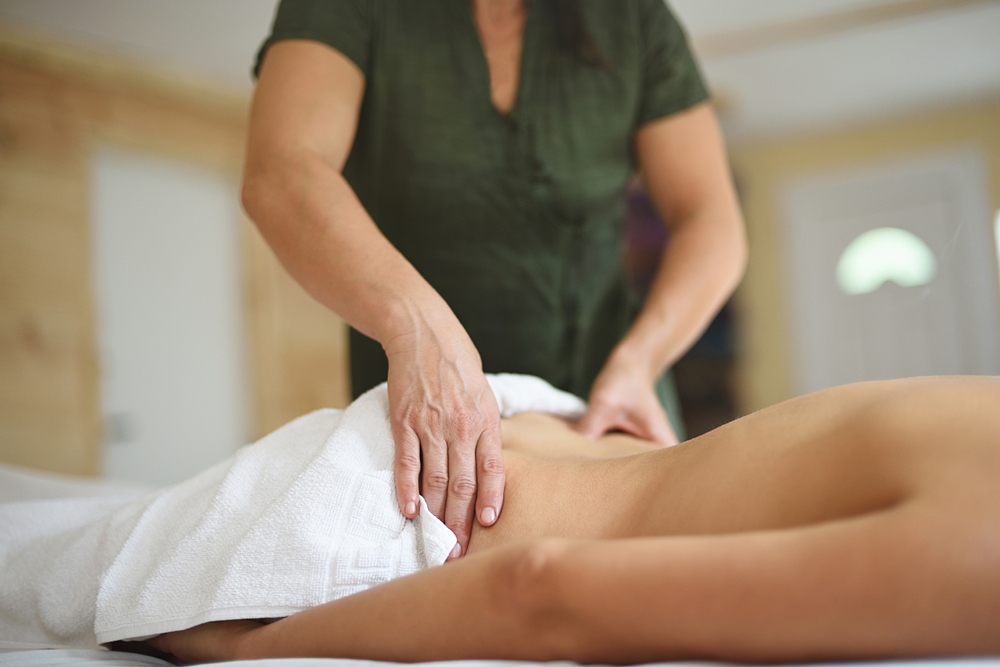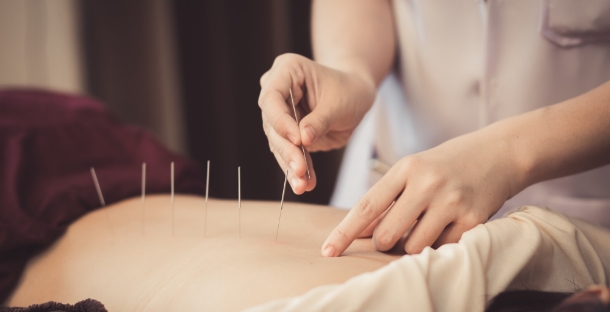
Coping With Seasonal Allergies (Springtime)
Spring can be a breath of fresh air after the long dark of winter, but for some the season brings a new kind of misery: seasonal allergies. The symptoms of seasonal allergies can feel like a rapid onset cold and can persist the entire season. Understandably, this can be very disruptive and lower your quality of life day to day. Finding relief from symptoms can be a game changer for allergy sufferers. Today, we’re going over what seasonal allergies are, common springtime triggers, and how you can relieve and even prevent allergy symptoms.
Allergic rhinitis is an allergic response to harmless indoor and outdoor particulates in the air that causes cold-like symptoms. Unlike a cold, these symptoms will occur immediately after exposure to allergens and will continue for as long as you are exposed.
While allergens are generally harmless, our immune system will decide they pose a threat to our health and produce immunoglobulin E (IgE) antibodies to protect against them. The next time you come into contact with that allergen, those antibodies will signal to your immune system to release histamine and other chemicals into your bloodstream.
Common causes
As we’ve discussed, allergic rhinitis is an immune response to airborne allergens. It is believed that allergies are a symptom of an overreactive immune system, since most allergens are not actually harmful (with the exception of molds and other contaminants). Common types of allergens are pet dander, dust and dust mites, mold, fungi, mildew, and plant pollens.
Common symptoms
Allergic rhinitis causes cold-like symptoms that start immediately after being exposed to an allergen. The severity of symptoms varies from person to person, but the following are the most commonly experienced:
- Runny nose or sinus congestion
- Water and itchy eyes
- Sneezing
- Coughing
- Itchy nose, throat, or roof of mouth
- Postnasal drip
- Swollen, bruised-appearing skin under the eyes (also called allergic shiners)
- Fatigue resulting from poor sleep caused by the above symptoms
What causes allergies in the spring?
One of the most common allergy triggers is plant pollen of all kinds. In springtime, as the trees begin to bud and other plants grow and flower, a lot of pollen is released into the air. As allergy sufferers know, it can be next to impossible to avoid this onslaught. Weather channels now even post daily pollen counts to help people manage their allergy symptoms.
Tree pollen
In the spring, tree pollen is the most likely culprit behind your allergy symptoms. This is the time of year when trees bud and flower as their leaves come in. Allergenic trees in North America include:
- Birch
- Cedar
- Alder
- Horse chestnut
- Willow
- Poplar
Grass and weed pollens
Different plants release pollen at different times of the year. During spring, grass is the most likely offender. There are many types of grass that grow in North America, but not all of them are allergenic. The ones that are allergenic include perennial rye, Bermuda grass, bluegrass, and saltgrass.
Is hay fever the same as seasonal allergies?
Hay fever is just a layman’s term for allergic rhinitis. It gets its name for the allergies people experience during hay-cutting season, but you can experience hay fever at any time of year depending on what you’re allergic to. Therefore, you can use the terms hay fever and seasonal allergies interchangeably as they’re both describing the same thing.

How can acupuncture help?
As allergies are an immune response, acupuncture can help support your immune system while reducing the reactivity that is causing your symptoms. In TCM, defensive (Wei) Qi is our first line of defense against sickness. Imbalance, stagnation, and blockages will weaken Wei Qi, and prevent it from being distributed evenly throughout your body. Acupuncture is designed to improve the flow of Qi by removing blockages and stagnation and restoring balance. Stimulating the meridians that correspond with the lungs, kidneys, stomach, and spleen strengthens the source (Yuan) Qi and the middle (Zhong) Qi, while improving the circulation of defensive Qi. This helps strengthen immunity and reduces reactivity to allergens. The treatment can also relax or release the overreactive smooth muscles that cause bronchial constrictions.
Other tips to help manage your seasonal allergies
While regular acupuncture treatments during allergy season are most effective at reducing and preventing symptoms (especially paired with western allergy treatments), there are also things you can do at home and between appointments. There are two strategies that are effective: avoiding exposure to allergens and reducing reactivity.
For the first strategy, you’ll want to create a “clean” space in your home to reduce your exposure to pollens. Here are some ways to do that:
- Use air filters in your home, and change the filters regularly.
- Keep windows closed, especially on high pollen days.
- Wipe your pets down with a damp cloth when they come inside to remove pollen stuck to their fur.
- Change your clothes after spending time outside as pollen may be stuck to the fibres.
- Wear a dust mask when you have to go out on high pollen days.
To reduce reactivity, there are a number of medicinal herbs and naturally occurring compounds that help reduce allergy symptoms. Before you start using any of these herbs, it is important that you check with your doctor or pharmacist to make sure they won’t interfere with any medications you may be taking. The following are some herbs for seasonal allergies:
- Fragrant angelica root (Bai Zhi)
- Astragalus root (Huang Qi)
- Astractylodes rhizome (Bai Zhu)
- Silver root (Fang Feng)
- Stinging nettle
- Butterbur
Your acupuncturist can recommend which herbs and foods will be most beneficial to you, as well as in what quantities and how to prepare them.
Seasonal allergies can be a drag, but they don’t have to take over your life. Schedule your spring tune-up appointment to help prevent allergy symptoms all together.



